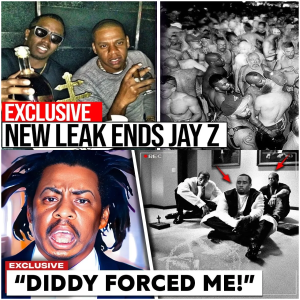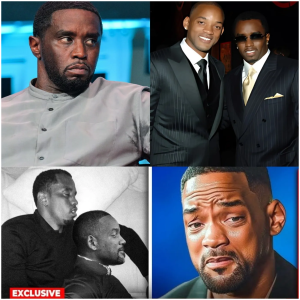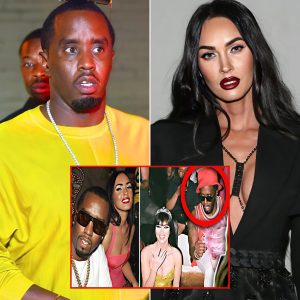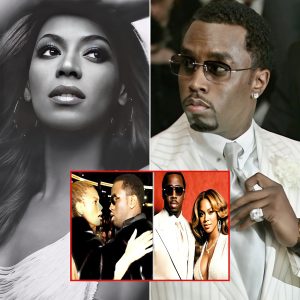The Tragic Death of Aaron Carter: Allegations, Conspiracy Theories, and Industry Parallels with Justin Bieber

The tragic death of Aaron Carter has left many fans and observers grappling with questions and theories about his life and its untimely end. As a former child star who rose to fame in the late 1990s, Carter’s journey through the music industry mirrors that of Justin Bieber in many ways, including their meteoric rise, personal struggles, and encounters with powerful figures in the entertainment world. This article explores the conspiracy theories surrounding Aaron Carter’s death, the allegations involving Sean “Diddy” Combs, and the striking parallels between Carter and Bieber.
Aaron Carter’s Rise and Fall
Aaron Carter captured hearts worldwide as a child pop sensation, with hits like “I Want Candy” and “Aaron’s Party (Come Get It).” However, as he transitioned from a teenage idol to an adult artist, his life became fraught with challenges. Carter faced struggles with mental health, substance abuse, financial troubles, and strained family relationships. These struggles played out in the public eye, contributing to a narrative of a once-bright star dimmed by the pressures of fame.

On November 5, 2022, Aaron Carter was found dead at his home in Lancaster, California. While the official cause of death was ruled as accidental drowning exacerbated by substance use, conspiracy theories have emerged, alleging foul play and pointing fingers at industry insiders.
Allegations Against Diddy
One of the most controversial aspects of the discussion surrounding Aaron Carter’s death involves allegations against Sean “Diddy” Combs. Theories have circulated online suggesting a connection between Diddy and Carter’s tragic end. While these claims remain unverified, they highlight the broader issue of exploitation and control in the entertainment industry.
Critics argue that the music industry has a history of prioritizing profit over the well-being of its artists, particularly young stars like Carter. Allegations against influential figures, whether true or not, underscore the need for greater accountability and support systems for artists navigating fame at a young age.

Parallels Between Aaron Carter and Justin Bieber
Justin Bieber, like Aaron Carter, found fame at a very young age. Discovered on YouTube and propelled to global stardom, Bieber’s career skyrocketed with hits like “Baby” and “Sorry.” However, Bieber has also been open about his struggles with mental health, substance use, and the pressures of life in the spotlight.
Both Carter and Bieber faced similar challenges: navigating the pitfalls of early fame, dealing with relentless media scrutiny, and managing the demands of a grueling industry. Their experiences serve as cautionary tales about the toll fame can take on young artists.
Unlike Carter, Bieber has managed to reclaim stability in his life, crediting his faith, marriage, and support system for helping him through his darkest times. However, the similarities in their stories serve as a reminder of how fragile the balance can be for child stars transitioning into adulthood.
The Role of Conspiracy Theories
The internet has become a breeding ground for conspiracy theories, particularly when it comes to celebrity deaths. In Aaron Carter’s case, the theories range from allegations of industry sabotage to claims of deeper, more sinister plots. While many of these theories lack evidence, they reflect the public’s growing distrust of the entertainment industry and its treatment of young stars.
It’s essential to approach such theories with caution, relying on verified facts while acknowledging the systemic issues within the industry that may contribute to such narratives.
Lessons from Tragedy
Aaron Carter’s death is a tragic reminder of the challenges faced by child stars and the need for systemic change in the entertainment industry. His story, along with the ongoing struggles of other young celebrities like Justin Bieber, underscores the importance of mental health support, transparent industry practices, and accountability for those in positions of power.
As fans and advocates, it is crucial to demand better for artists—whether through supporting mental health initiatives or pushing for reform within the industry. Aaron Carter’s legacy, while marked by tragedy, can serve as a catalyst for meaningful change and a deeper understanding of the pressures that come with fame.
By reflecting on his life and the parallels with Justin Bieber, we can work towards a future where young artists are celebrated not just for their talent but also supported as individuals.





